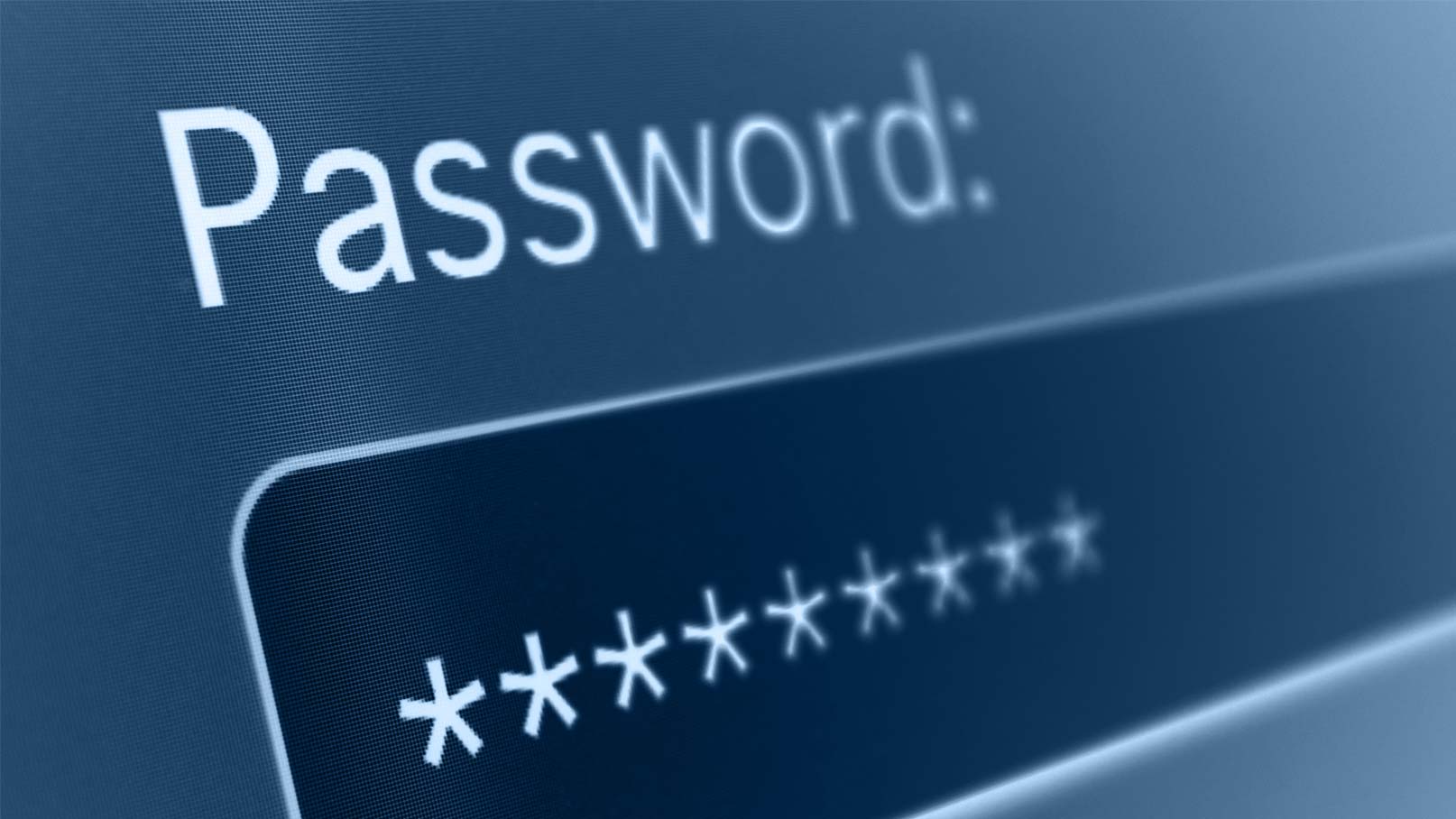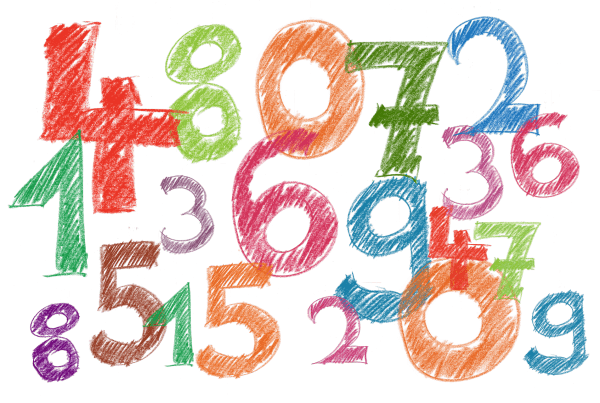When I first heard about classroom passwords from Bryce Hedstrom, I was skeptical but intrigued. How could requiring my students to tell me the ‘secret word’ before class be a good use of time? After all, I had a 65-minute class to get ready for and students to greet. Between cleaning up my desk in between classes, organizing handouts, turning off the projector, taking attendance, posting homework and getting myself mentally ready for a French I following a French III class, I just didn’t feel like I had the time nor the energy to meet my students at the door so that they could tell me the secret word. Besides, it felt a little like ‘repeat after me’ which is something that I stopped doing years ago.
Boy was I wrong! Within just days of asking my students to wait outside my door and looking in their eyes as they entered, I saw the benefits. Not only could I get ready for my next class in quiet and without interruption but also, I could easily gauge the emotions of my students who were about to spend 65 minutes with me. The mere look in their eyes told me how tired, stressed or disinterested they were on any given day. In other words, I knew immediately if I needed to adapt my lesson plans to meet the needs of my students. And after several weeks, I realized that if I chose my passwords carefully, this new routine could actually enhance the language development of all or at least most of my students.
By now you may be asking yourself, “What the heck is a ‘password’ and just how do you use in your class?” Well, here is how it works. I pick a word or a phrase in French and share it and the English equivalent with my students Friday at the end of class or at the door on Monday, I post the passwords so that they are visible from the entrance to my classroom. When possible, I also include a picture or a meme to help with comprehension. Students line up outside my door and two minutes before the tardy bell rings, I open the door, look into my students’ eyes, tell them hello and ask them how they are doing. I often add a handshake or a fist bump as I do so. And then I ask them in French, “What is the password?” For students who need to look at the password posted on the board, they look and for students who need help, I help them or another student helps them. If a student is tardy to class, he/she waits outside until I can come to the door for a proper greeting.
Below, is a sample of how this brief exchange goes in French III and in French I. I typically change the passwords every week or every other week.
French III:
Moi: Bonjour, Alex. Comment vas-tu ? (Hello, Alex. How are you doing?)
Alex: Bonjour, Madame. Je suis fatiguée (Hello. I am tired.)
Moi: C’est vrai ? Quel est le mot de passe? (Is that so? What is the password?)
Alex: J’en ai marre. (I am sick of it.)
Moi: Très bien, entre. (Very good, come on in.)
It is worth mentioning that the majority of students in French III understand ‘C’est vrai’ because it was a password in French II and I often use it in class discussions.
French I:
Moi: Bonjour, Hannah. Comment ça va ? (Hello, Hannah. How are you?)
Hannah: Bien, merci. (Fine, thanks)
Moi: Quel est le mot de passe ? C’est possible ou ce n’est pas possible? (What is the password? It is possible or it isn’t possible?)
Hannah: C’est possible. (It is possible)
Moi: Merci, Hannah, entre. (Thanks, Hannah, come on in.)
In French I, I have found that giving the students an either-or choice during the first few months of school really helps them respond more confidently. It takes some of the fear of production out of the way.
So, how do I pick my passwords? Well, I do so with great care. Since I do not want this to morph into a repeat-after-me activity, which could easily happen, I pick words or phrases that my students have already seen or have heard me use several times in class. For instance, after teaching with the song, Je Veux by Zaz in French II, I decided to use several of the song lyrics as passwords: ‘J’en ai marre’, ‘J’en veux’ and ‘Je n’en veux pas’.
I also am deliberate about using the passwords in class discussions. With ‘J’en ai marre’ (I have had it / I am sick of it) I spent a fair amount of time asking students what they were indeed sick of from time to time: Are you sick of homework or tests? Are you sick of breakfast day in the cafeteria? Are you sick of your car? your clothes? Are you sick of your parents? And so on.
These exchanges, when done well and at the right time, are interesting and lively. Almost everyone is willing and able to tell me about something that she/he is totally sick of! Go figure!
I also encourage my students to use both old and new passwords in class discussions. I do this by tossing a piece of candy to the first person spontaneously yet appropriately uses a current or former password in class discussions. This perk was quite the incentive for a young man in French II recently who has quite the sweet tooth. This bright young man, who really didn’t engage in many class discussions, started focusing more just so he could get the largest collection of Tootsie Rolls or Starbursts on a given day.
If you need a little more convincing, I hope that you will keep reading about something very interesting that happened last year in one of my French II classes. Within two weeks of using passwords, I looked into a young woman’s eyes and I sensed she was about to cry. She said the password like everyone else and entered the room. After greeting the other students, I walked up to her and asked her if she needed to take a lap. She took me up on my offer, and came back to class three or so minutes later. Fast forward to parent night. After my French II presentation, I noticed a mom that was lingering. She quickly introduced herself and, with tears in her eyes, she thanked me for recognizing her daughter’s stress and allowing her to take a lap earlier in the week.
Had it not been for passwords, I may never have noticed those tears and been in a position to meet her emotional needs. What I was reminded of after the conversation on parent night is that my ability to read my students’ emotions is crucial. Of course, the content of my class is important but what is more important is the relationships I build with my students. As a result of being able to gauge this young woman’s emotional needs, I earned her trust. My actions said, “You are more important to me than the first few minutes of class!” And she is. And today, this young woman is on fire in my class. She takes risks with the language and she is gearing up for a trip to France with her parents in summer. I cannot wait to strut her stuff in the city of lights!
Elements to consider when choosing a good password
- Can I use it in class naturally?
- Will my students hear this word or phrase again? In a movie, in a home in France, etc…
- Will it make my students sound more natural and more native-like when they talk?
- Is it appropriate for this level of study?






